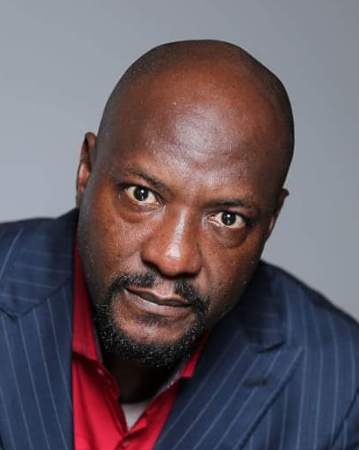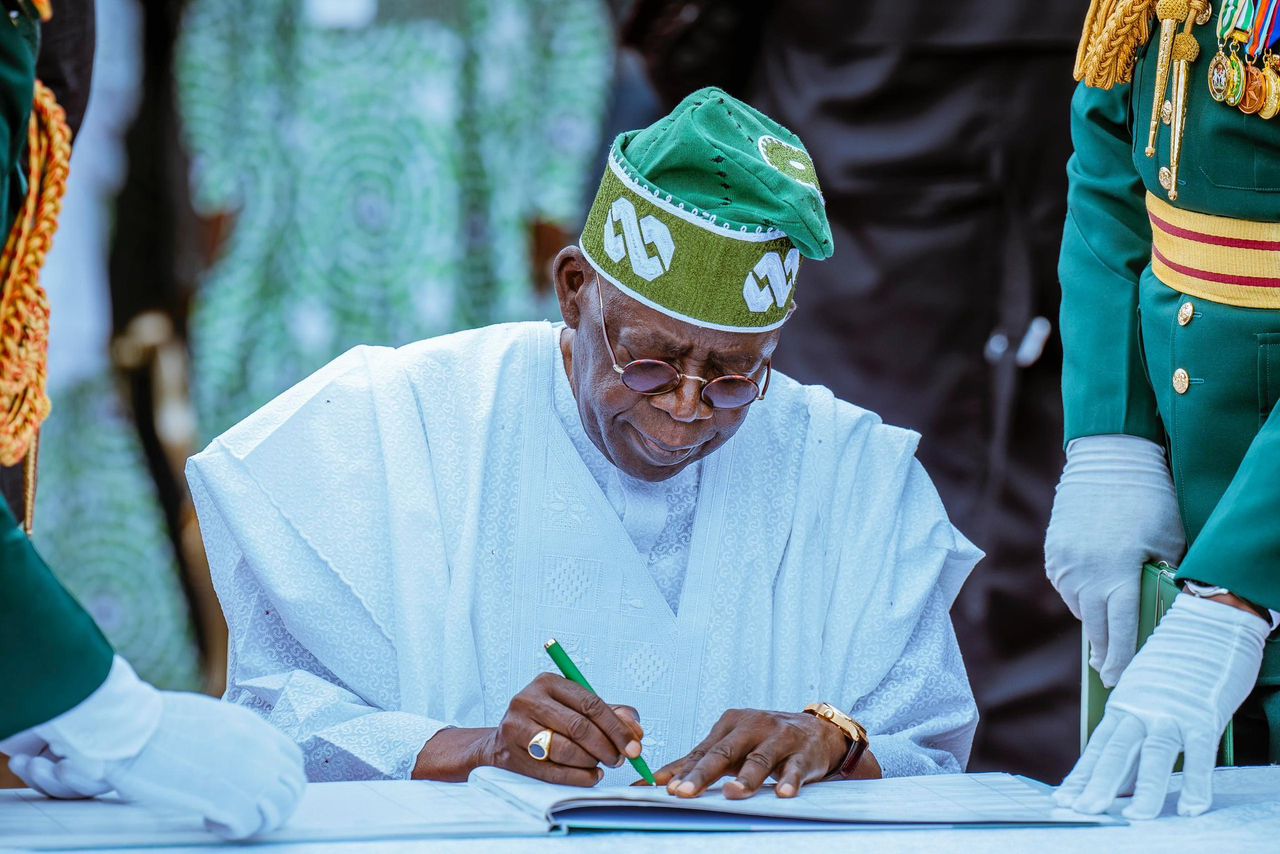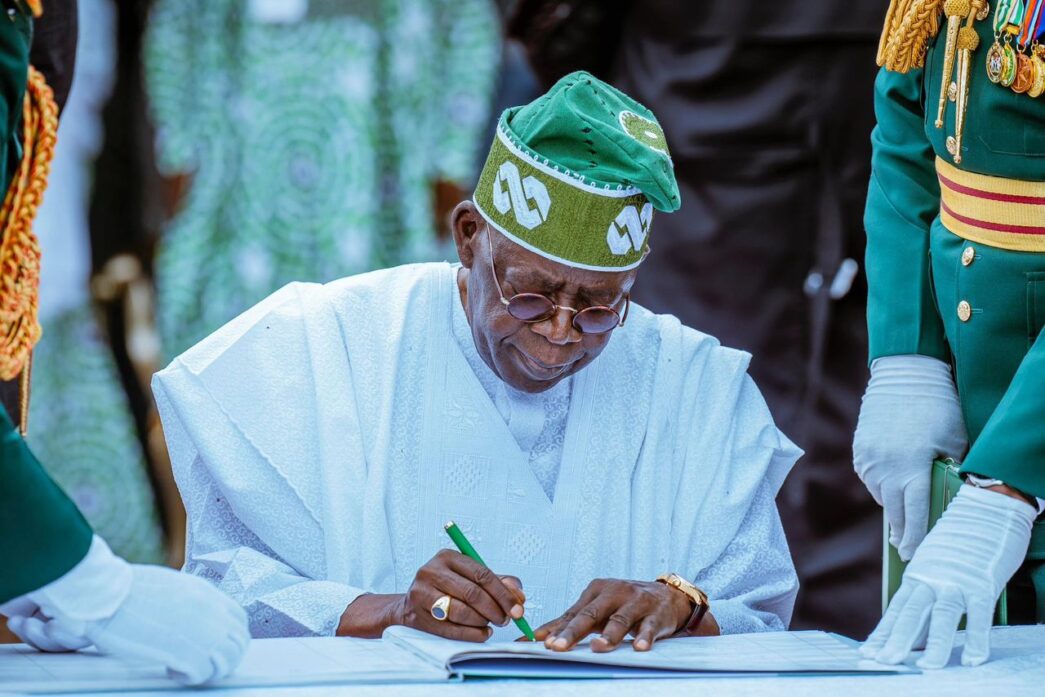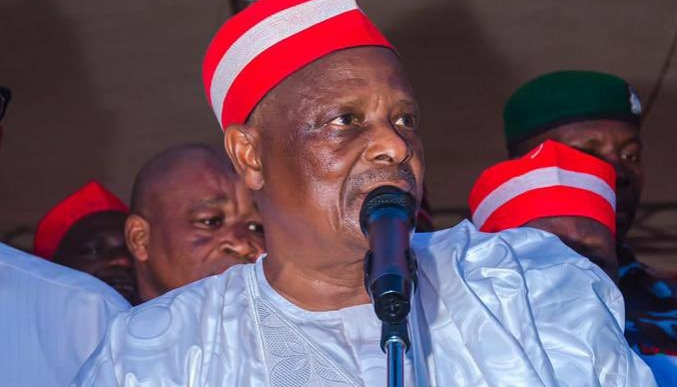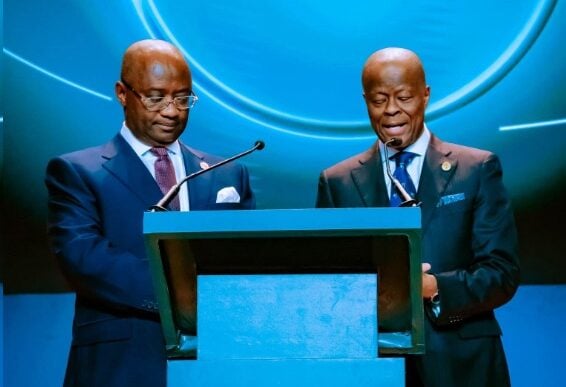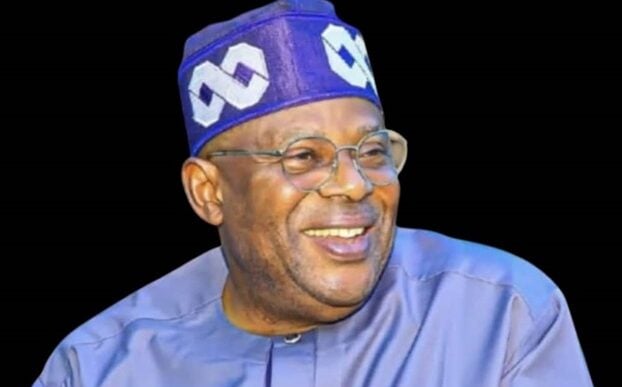President Bola Ahmed Tinubu
According to the Debt Management Office (DMO), Nigeria’s total public debt stock stood at N152.4 trillion as of June 30, 2025, and going by the government’s borrowing plan, the debt stock is expected to reach N187.79 trillion by the end of 2025.
While it took Buhari eight years to increase our debt stock by N65 trillion from the debt he met on ground when he resumed office in 2015, to N77 trillion when he left office, it has taken Tinubu less than two years to increase our debt stock by N75 trillion from the N77 trillion that he inherited from Buhari to the N152 trillion that it was as at the 30th of June this year.
This is coming just twenty years after the Obasanjo/Atiku administration through very prudent fiscal policies, sound economic management and shrewd negotiations with the Paris Club were able to pay off the country’s debts and make the country virtually debt free which gave the country a new lease of life, increased the country’s credit ratings and enabled the country to attract fresh investment inflows.
It’s a shame that twenty years later, we now find ourselves in a worse financial situation. Yet, the government of the day continues to borrow recklessly, not to finance any productive investments but to sustain an over-bloated bureaucracy and the profligacy of the ruling elite.
Advertisement
Ordinarily, it’s not wrong for a government to resort to debt instruments to finance some of its projects, but in a situation where the debts are being used to fund the excesses of the government, then it becomes a big problem. Asides the fact that the details of what most of the loans are for, are opaque and there are not enough major infrastructure being executed to justify the huge loans the government has been taking, the government’s bullish activities in the money market is crowding out the private sector and making it almost impossible for the productive sector to access the funds needed to grow the economy.
Currently, over 70% of the risk assets in the Nigerian financial services industry are being invested in government debt instruments. This, in simple terms, means that over 70% of the funds available for loans in banks and other financial institutions in the country have been borrowed by the government, leaving less than 30% for the private sector.
To attract more investments in their debt instruments, the government has consistently increased the Minimum Rediscount Rate (MRR) under the guise of fighting inflation, but in reality, they are just trying to raise funds to fund their activities while the inflation rate remains unabated.
Advertisement
The MRR is the base rate that determines how much banks charge as lending rates, and as a result of the high MRR of 27%, lending rates in the country now hover between 35 and 40% which makes it prohibitive for the private sector, and almost impossible to finance the long-term productive ventures that are needed to grow the economy.
What a more responsible government would have done is to make drastic cuts in expenditure, reduce/eliminate the deficit, and limit borrowings to external sources to free up available resources for the private sector to access. By doing this, not only will the interest rates crash, but the private sector will also be able to access the funding needed to establish and expand businesses, which will, in turn, grow the economy.
With the surge in economic growth that is certain to happen when millions of Nigerian businesses that didn’t have access to affordable credit start accessing loans at a greatly reduced cost, the government will generate more revenues in the form of taxes.
This is the process that the government has to follow, if they are really interested in sustainable growth for the economy, unlike what obtains now, that the government is making it very difficult for the private sector to access the funds in the money market by crowding them out, and yet still squeezes them for taxes.
Advertisement
The government must understand that it has a moral obligation to first support the growth of these businesses before it can justify the taxes it collects from them. The government will also generate more taxes from the businesses if they are supported to thrive than if they are being subjected to operate under very stringent conditions.
While there is absolutely nothing wrong with the government borrowing to finance its activities, borrowing recklessly as the Nigerian government has been doing in the past few years is definitely not sustainable, as it will only plunge the country into a debt trap, in which we will need to be borrowing more money to service existing loans if care is not taken.
A more viable option will be for the government to make drastic cuts in expenditure, eliminate the deficit, reduce the country’s debt exposure, and support the private sector to thrive. With a thriving private sector, the government will generate more tax revenues, which can then be used to fund its activities. Taking the shortcut of excessive loans only serves to sabotage the economy and mortgage the future.
Oshobi is the Head of Planning and Strategy of the Narrative Force.
Advertisement
Views expressed by contributors are strictly personal and not of TheCable.
